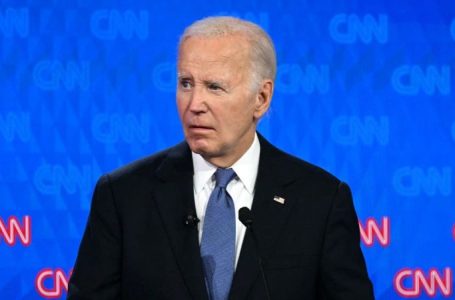Eala advances to Final Four of Workday Canberra International
More Filipinos study in Europe

MORE Filipino students are pursuing master’s and doctoral degrees in Europe because of extensive and specialized studies not offered in the Philippines.
“It offers extensive and highly specialized studies from wine tourism to Copernicus space program to law and economics,” Thelma Gecolea, public affairs officer at the European Union (EU) Delegation to the Philippines, told BusinessWorld in an interview.
“As you explore the borderless EU you can also share your expertise. Courses that are not available in countries like the Philippines are available in EU,” she said.
Ms. Gecolea added that although it took some time for Filipinos to be more open to exploring higher education programs in the EU, stories from fellow students sparked more international student admissions.
“Countless testimonials of successful Filipino students including those who have been receiving honors have inspired more youth leaders to go to the EU for their intended programs,” she said.
Vilma P. Del Rosario, an Erasmus program graduate, added that studying abroad expands career options internationally.
“It certainly increases your opportunities to find jobs in other countries because you have already proven that you can easily adapt with a different environment, you can easily work with different cultures,” she said.
Last November, the European Higher Education Fair (EHEF) held its annual fair, connecting universities to participants interested in studying overseas.
“We have a number of European higher education institutions coming back to the fair for the fifth, sixth consecutive year. This meant that the admission following the fair has been very positive,” Ms. Gecolea said.
Financial constraints are one of the challenges of studying abroad, according to Ms. Gecolea.
“Most of the tuition fees are affordable even in our standards,” she said. “The challenges are the living expenses,” she said.
Eramsus+, the EU’s program to support education in Europe with an estimated budget of €26.2 billion, aims to address these challenges by providing around 20% of its annual global budget for Asian countries.
“Erasmus program or other grants enable those from third countries to pursue higher education program in the EU,” Ms. Gecolea said. — Almira Louise S. Martinez










![[B-SIDE Podcast] The rise of an entrepreneurial mindset among Filipino freelancers](https://savvypeoplesociety.com/wp-content/uploads/2025/01/B-Side-Art-Payoneer-300x300-UWf0gJ-455x300.jpeg)